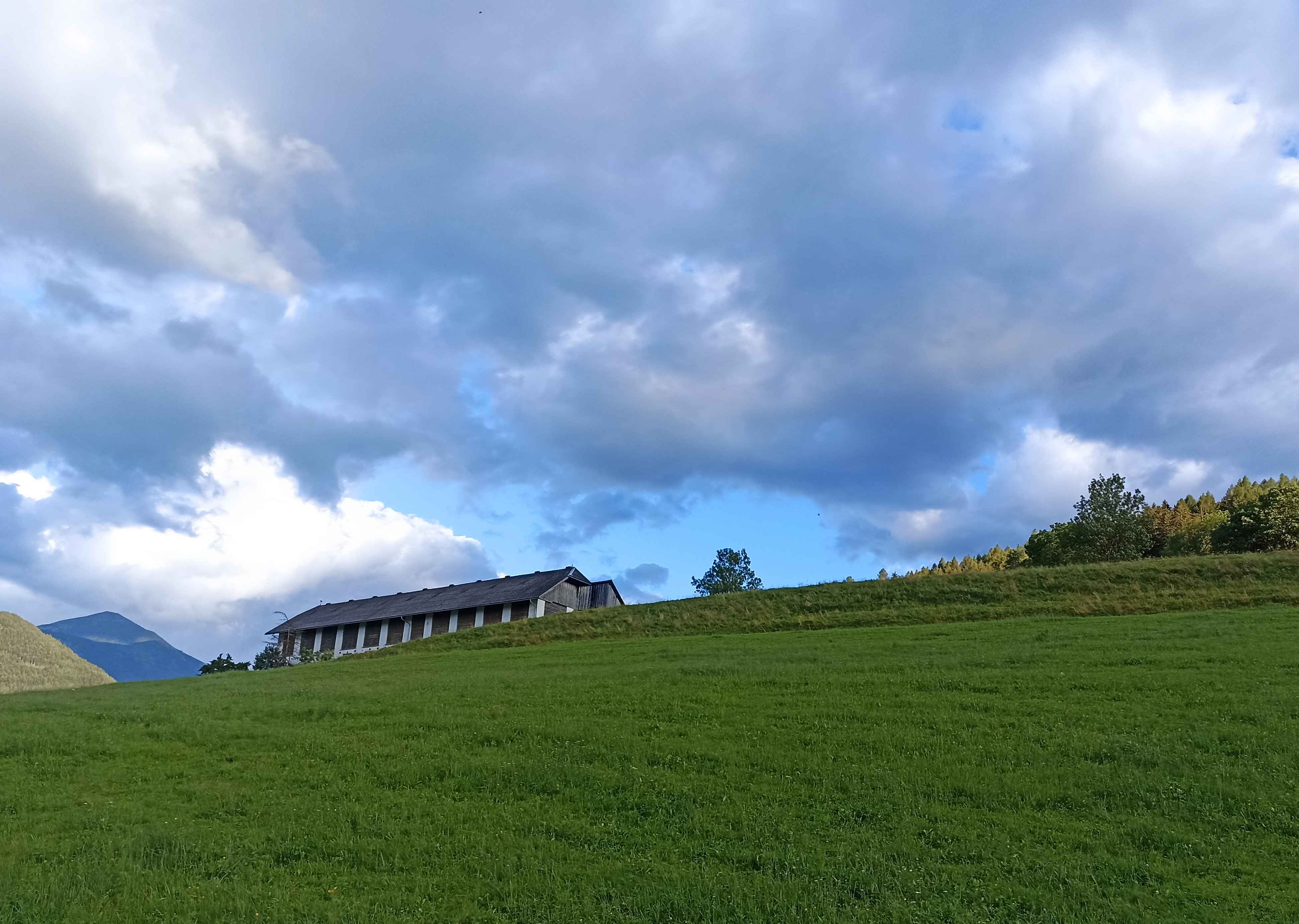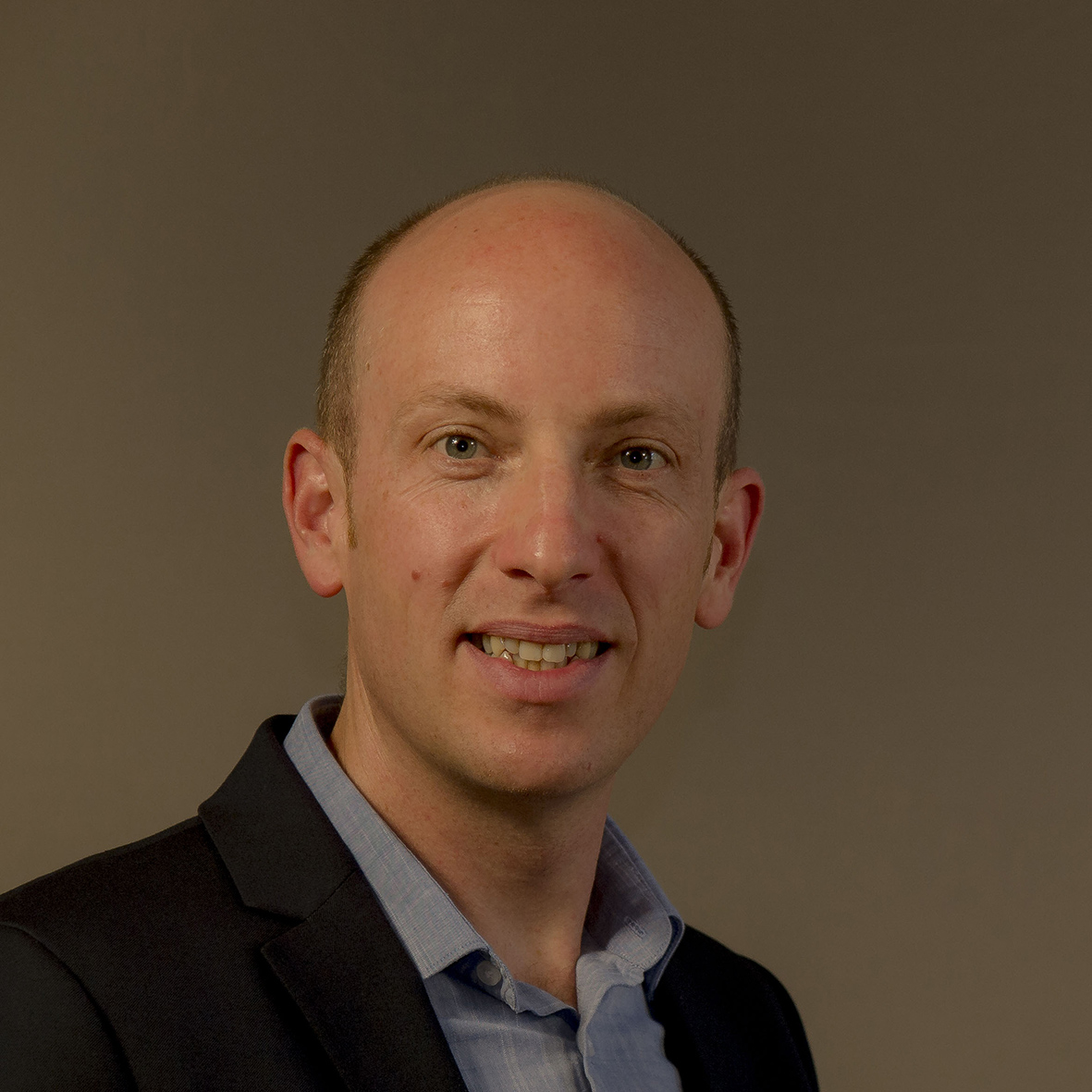In view of climate change and the possibilities of grassland-based food production, this project is intended to enable a differentiated discussion about realistic reduction potential in milk production and to pursue this path in a practical manner.
The HBLFA Raumberg-Gumpenstein works with agricultural businesses in the transition region of the Eastern Alps and the foothills of the Alps. Starting from a selection of 14 pilot companies, which will be expanded to around 65 companies over the course of the project, we record and analyze greenhouse gas emissions over several years (2021-2025). Reduction options are implemented in these operations, with the resulting reduction in greenhouse gas emissions being compared to a modeled base year (2018). In the 2022 project year, 43 potential reduction options were identified, 27 of which were implemented on the participating pilot farms. A further 40 options for action are expected to be added in the 2023 project year.
The aim is to be able to make general statements about the possibilities for greenhouse gas savings on organic dairy farms under Alpine production conditions, in addition to greenhouse gas reductions at the participating companies. An important aspect is the economic dimension; therefore, the economic impacts of the mitigation options are also considered.
NÖM (Niederösterreichische Molkerei), one of the largest dairy companies in Austria, and Bio-Austria are other key project participants in the research project. As a collecting cooperative or processing company, NÖM supports the selection of companies as well as communication and advice. In order to improve climate protection along the entire value chain, NÖM is also increasingly using more climate-friendly, fossil-free diesel HVO100 fuel for milk transport (link below). The Bio-Austria association has been participating in the project as an educational partner since 2023 and is involved in the selection and implementation of reduction options by providing expert advice. In addition, new teaching materials are to be developed for training and courses and working groups are to be held together with farmers in order to pass on ideas for greenhouse gas-efficient milk production.
https://dafne.at/projekte/ghgdairyfarm
External links:
https://www.prolactal.com/en/prolactal-expands-efforts-to-reduce-greenhouse-gas-emissions-for-its-organic-milk-derivatives/
https://moproweb.de/news /home/fossil-free-milk-collection/










